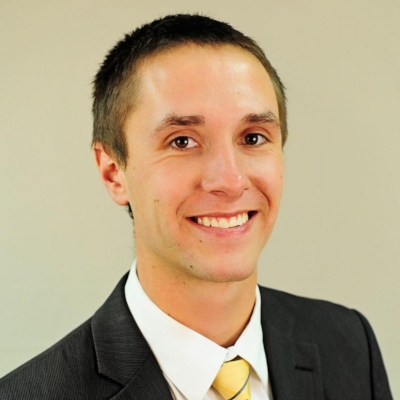A Changing Climate Means A Changing Society. The Island Press Urban Resilience Project, Supported By The Kresge Foundation And The JPB Foundation, Is Committed To A Greener, Fairer Future. This Op-Ed Was Originally Published March 20, 2019 in Billings Gazette.
These days, Americans are so divided — Republican vs. Democrat, urban vs. rural — that it is hard to agree on the problems we face, much less work together on solutions. But here in Montana, farmers, ranchers and scientists have come together to do just that. Some spend their days in a university lab, others behind the wheel of a tractor. They may not agree on whom to vote for, or which TV news channel to watch. But they do agree that the climate is changing, and that agriculture can and must adapt.
Those who make their living from the land are closely attuned to shifts in weather and climate. With razor-thin profit margins, a late planting or ill-timed breeding can have devastating consequences. And lately, those shifts are hard to miss. As Dr. Jeff Mosley, a range specialist with the Montana Extension Service observed recently, “I’m not a climatologist, but it seems like spring is coming three weeks earlier than it did 40 years ago. And winter comes about three weeks later than it did.”
Adapting to such changes is an economic necessity for farmers and ranchers. To adapt, they need information they can trust, based on the best available science. At the same time, agricultural producers have much to contribute to our understanding of the changes now underway. Given their ethic of stewardship and history of adapting to whatever nature throws their way, farmers and ranchers can lead the way in adapting to a new climate reality.
What’s needed is a two-way exchange of information between scientists and those on the front lines of a changing climate. But, a few years back, that simply wasn’t happening in our state, thanks to the volatile politics around climate change.
So, in 2014, One Montana started bringing those groups together to build trust and mutual understanding. This was not our first rodeo: A nonprofit founded by prominent Montanans from both political parties, One Montana specializes in convening people across various divides to address common challenges. In a series of workshops, we deepened dialogue and collaboration among scientists, farmers and ranchers on climate adaptation.
For example, after the devastating “flash” drought of 2017, we worked with the Montana Extension Service and the Musselshell Watershed Coalition to hold workshops on ranch-level drought resilience. While research efforts tend to focus on what producers should or could do to improve drought resilience, our workshops document what producers are doing — such as employing flexible grazing and stocking strategies to adjust to changes in forage production.
These efforts have produced concrete gains. Our stakeholder convenings led to the first-ever Montana Climate Assessment, with chapters focused on agriculture, forestry and water. Because farmers and ranchers were involved from the start, the final assessment document was well received across our state — and has even been nationally recognized as a model for state-level climate assessments.
Our drought workshops led to follow-up sessions on soil health, where the conversation on climate adaptation has evolved to also include mitigation. Across Montana, producers are already implementing soil health strategies that help to slow the planet’s warming by sequestering carbon, while also increasing water-storage capacity in soils.
Finally, farmers and ranchers gained so much from sharing strategies that One Montana is now working to create a program called MAKE (Montana Adaptation Knowledge Exchange), which will translate scientific data into actionable information for farmers and ranchers, and foster sharing of successful adaptation strategies.
In our increasingly divided nation, people with different views and perspectives rarely come together to make common cause. But in Montana, climate scientists are sitting down with people who breed livestock and till the soil. Together they are building Montana’s resilience in the face of a new climate reality.



